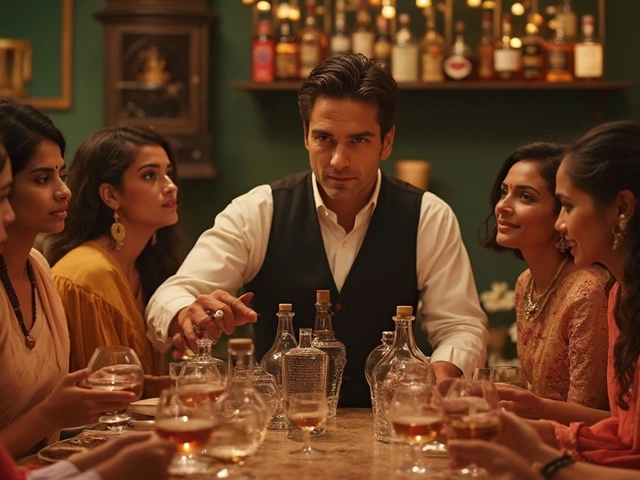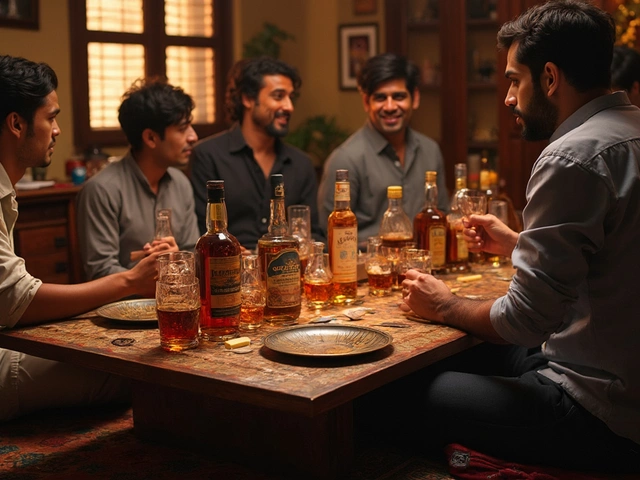Coors Ownership: What You Need to Know
If you ever wondered who pulls the strings behind the Coors name, you’re not alone. The brand has been around for more than a hundred years, but its owners have changed a few times. Knowing the current owners helps you understand why the beer tastes the way it does, why you see new packaging, and what might happen next.
A Brief History of Coors
Coors started in 1873 as a small brewery in Golden, Colorado. The family ran it for generations, focusing on clean water and cold lager. By the 1970s the company had grown into a national player, but it still kept the family‑run vibe. In the late 1990s, to keep up with global competition, Coors merged with a big Canadian brewer called Molson.
The merge created Molson Coors, a giant that now owns both the Coors and Miller brands. The deal gave Coors access to more markets and bigger distribution, while Molson got a strong foothold in the U.S. West. Since then, the company has tweaked the brand, added new varieties, and kept the classic “Coors Light” on shelves.
Current Ownership Structure
Today, Molson Coors Beverage Company is the official owner of Coors. It’s a publicly traded company, meaning anyone can buy its stock on the NYSE under the ticker “TAP.” The biggest shareholders are institutional investors like Vanguard and BlackRock, which hold large chunks of the company’s shares.
Even though the stock is owned by many investors, the day‑to‑day decisions are made by a board of directors and an executive team. The CEO of Molson Coors oversees everything from new product launches to sustainability goals. Coors itself operates as a brand within the larger Molson Coors portfolio, sharing resources like marketing teams and distribution networks.
What does this mean for you? When you buy a Coors beer, the money goes into Molson Coors’ earnings. That revenue helps fund new brews, sponsor events, and support community projects. It also means the brand can experiment more—think new flavor drops or limited‑edition cans—because it has the backing of a global company.
Why Ownership Matters to Drinkers
Ownership can affect the taste, price, and availability of the beer. Molson Coors has a massive supply chain, so Coors is usually easy to find in supermarkets, bars, and restaurants. Their scale also keeps prices competitive, which is why Coors Light often stays cheap compared to craft alternatives.
On the flip side, big ownership sometimes raises concerns about consistency. Some fans worry that a corporate owner might change recipes to cut costs. So far, Coors has kept its core formula intact, but keep an eye on any label changes—it could signal a shift in strategy.
Another benefit is the company’s push toward sustainability. Molson Coors has pledged to reduce water usage and carbon emissions, which can influence how Coors is brewed and packaged. If you care about the environment, that’s a plus.
In short, Coors belongs to Molson Coors, a publicly traded beer giant backed by major investors. The ownership gives the brand stability, wide distribution, and the ability to innovate, while also tying its future to the bigger corporate goals of the parent company.






Categories